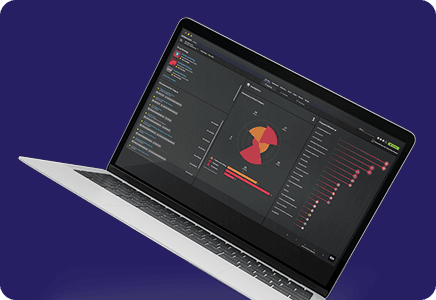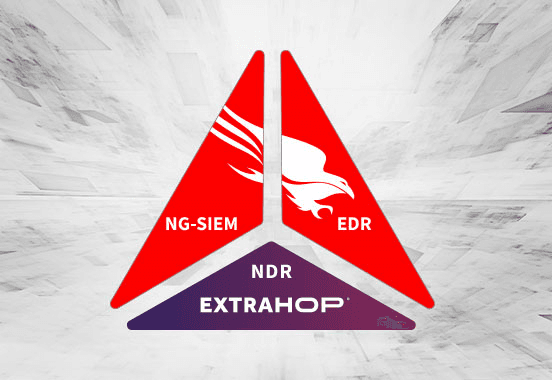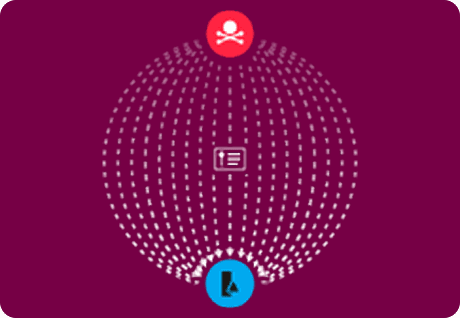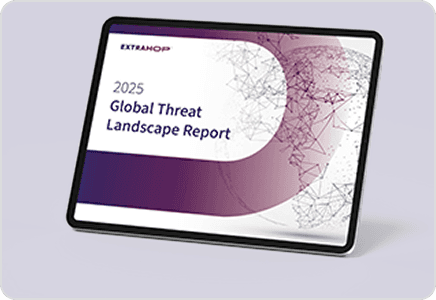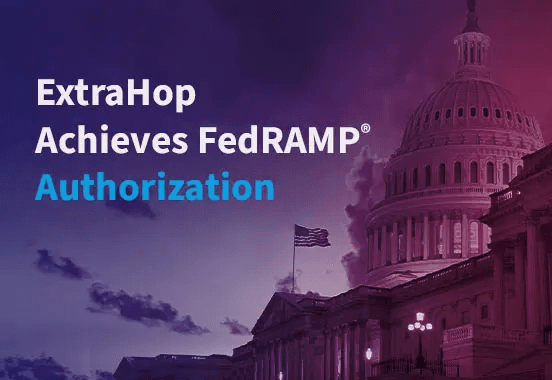Change Healthcare Ransomware Attack Represents Every CISO’s Worst Nightmare
Back to top
May 20, 2024
Change Healthcare Ransomware Attack Represents Every CISO’s Worst Nightmare
ExtraHop CEO Greg Clark asks if this event changes the cyber risk calculus for other large, complex organizations in the critical infrastructure sector.
The February 2024 ransomware attack on Change Healthcare is a perfect example of the kind of black swan cyber event that every CISO quietly dreads and prays will never happen: a devastating cyberattack that exposes the sensitive data of millions of customers, paralyzes an entire industry for weeks, and eats away at a company’s earnings for quarters and years to come.
The attack on Change Healthcare also highlights the inherent challenges of the CISO role: the responsibility to manage a potentially catastrophic risk with limited budget and staff, the resulting pressure to make risk acceptance decisions that sometimes compromise their integrity or contradict their better judgment, mounting obligations to report incidents to regulators within 72 hours, and criminal liability for cyberattacks.
Given the ongoing and far-reaching impact of the ransomware attack on Change Healthcare and the fact that the CEO of its parent company was summoned to testify before Congress earlier this month, I wonder if this unprecedented cyber event will change the risk calculus for other large organizations in the critical infrastructure sector? Put another way, will large organizations that create systemic risk for an industry or an economy be more apt to implement more rigorous cybersecurity controls? Will their risk tolerance for cyber incidents of this scope shrink?
For the millions of people whose sensitive health data was compromised, for the clinicians who went or are still without pay, and for the small healthcare providers who’ve had to shutter their doors in the aftermath of the ransomware attack, I hope the answer is yes.
The attack on Change Healthcare may very well be a watershed moment for other large, complex critical infrastructure organizations. Cataclysmic cyberattacks can be transformative events for organizations.
Consider how Equifax completely transformed its cybersecurity function in the aftermath of what was then a precedent-setting breach in 2017. The board of directors brought in a new CEO who made cybersecurity a priority and hired Jamil Farshchi as CISO. Equifax reportedly invested $1.5 billion in its cybersecurity transformation and is now widely recognized as a leader in cyber.
Naysayers may claim that other high-profile cyberattacks haven’t led to significant security transformation. But apart from NotPetya and SolarWinds, few attacks have reached the significance and severity of the attack on Change, and arguably, both NotPetya and SolarWinds led to a step change in cybersecurity governance and cyber risk management inside many organizations.
Now that business leaders have seen how much upheaval, disruption, and chaos can stem from insufficient cybersecurity controls and now that they can be held criminally liable for security breaches, they may be far more likely to ensure that their organizations have the right controls and that those controls are deployed everywhere they need them to prevent a catastrophic incident and buy down risk. When it comes to cybersecurity–in healthcare or any industry–an ounce of prevention is always worth a pound of cure.

Co-Founder & Managing Partner, Crosspoint Capital
Greg Clark is Co-Founder and Managing Partner at Crosspoint Capital Partners, a private equity investment firm focused on the cybersecurity, privacy and infrastructure software markets. Crosspoint has helped many of its platform portfolio companies scale across growth horizons through operational improvement and by combining with management, including taking on the role of CEO during critical inflection periods on the journey to profitable growth. Clark served as Executive Chair of DigiCert as well as CEO of Forescout Technologies to help those companies through critical inflection points.
Clark brings to ExtraHop decades of cybersecurity sector expertise, technology management expertise and a proven ability to scale businesses. He has led multiple companies through phases of innovation and growth, including Blue Coat Systems where he served as CEO from 2011 to 2016, prior to the company being acquired by Symantec Corporation. Following that transaction, Clark served as CEO and member of the Board of Directors of Symantec from 2016 through 2019. Earlier in his career, Clark served as CEO of Mincom (acquired by ABB Group), E2open and Dascom (acquired by IBM).

